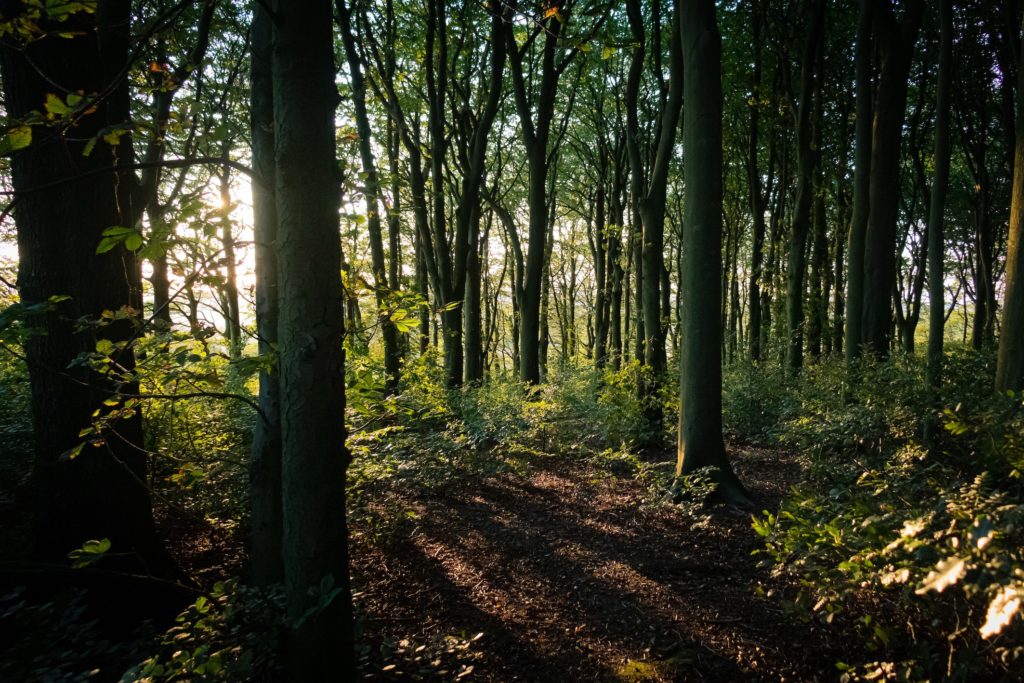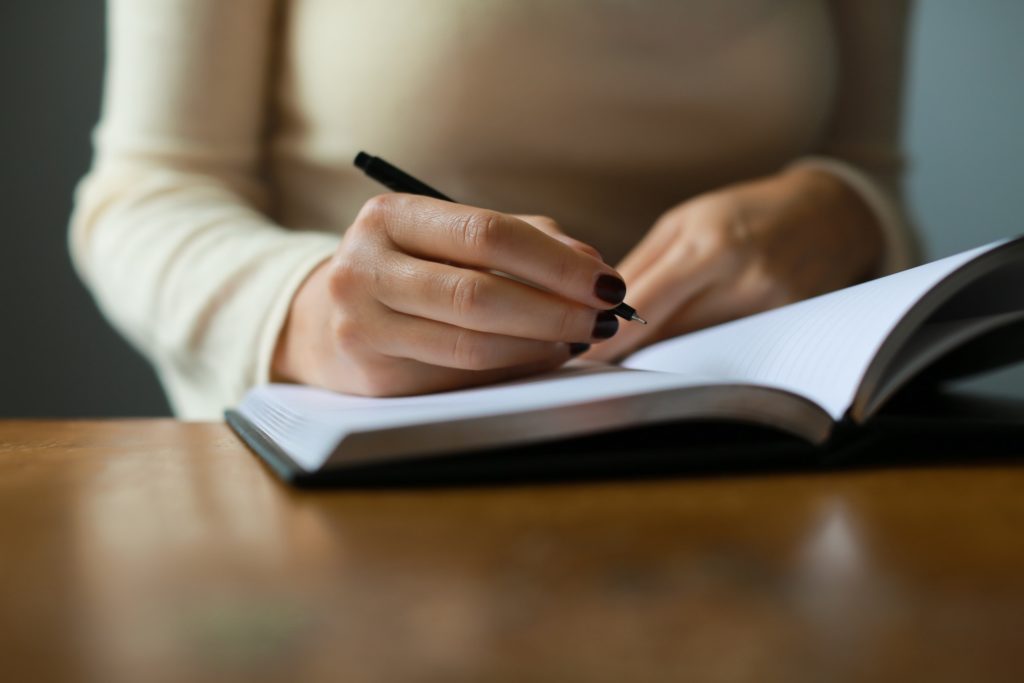By: Andrea De Bartolo, HBSc
The school year is almost ending and I think it is safe to say that students, teachers, and parents are more than happy to put these past 9 months behind us. With changes in administration policies and personal health safety, elementary and high school students have endured chaotic semesters in the 2020-2021 school year. Now, as summer approaches, we can use this time to reflect on the past and recharge for the future. Mindfulness strategies are a great way to do this. Through mindfulness, we can process our present experiences to understand our feelings and state of being. This is a helpful skill to guide us forward into the future. Read below for three mindfulness practices that students (and adults alike) can engage in this summer.

Experience The Outdoors
The keyword here is experience. It may be tempting to sit outside and work, go on your phone, or listen to music, but that is not mindful. To engage in mindfulness while outdoors, it is important to allow yourself to experience what is in your surroundings. Spend about 5-10 minutes a day naming what you see, hear, smell, physically feel, and/or taste in detail without judgments. This can be difficult, and that’s okay. The goal is not to do things perfectly; the goal is to be present and gain awareness of your environment. For example, saying, “I see a green and budding tree” rather than “I see a pretty tree”, is observing without judgement. Judgments often evoke emotion or thoughts. Noticing judgments and renaming your experience allows our minds to accurately notice our environment. This mindfulness skill can help remove judgment from other circumstances and take a step back from our emotions.

Reflect on The Year
This mindfulness may be dreadful to many of us since this school year has caused excess burnout and stress. Despite this dread, thinking about what has happened over the year can help us learn from our past and move towards growth and gratitude. It is easy to ignore the events that happened this year that seemed to be overpowered by political and global crises. Due to this, many lessons and experiences may have been missed that can help our individual lives flourish. Writing down personal past events can move us forward to gain wisdom by looking at our life honestly. The mornings are great times to write since you have a clear and refreshed mind. Sit at a desk in a comfortable position with no distractions, such as music, other people, or notifications. You can set a timer for about 20 minutes and write out anything that you can remember that evokes emotion or thought. It is often helpful to choose a starting point (e.g., September 2020) and begin there. Reflecting on why these experiences bring out feelings is a key point to this mindfulness. It is important to understand yourself and your feelings as part of living a focused and purposeful life.
Build Mastery
Less structured time in the summer is a perfect way to develop a skill. This may be a skill you have been working on for many years or a new skill you have been wanting to learn but couldn’t find the time. Building mastery is about doing something that you enjoy doing to feel competent about a subject. Choose an activity you are passionate about (e.g., reading, doing a puzzle, skateboarding, painting, etc.) and practice for about 1 hour throughout the week. This mindfulness can be discouraging if you begin to compare yourself with others or set an unattainable goal. Try to focus on taking the time to practice, rather than trying to follow a planned time-line. As you practice, you will see improvement in skill. Ensure that you acknowledge this change in your abilities and give yourself credit. After some time, you will have a new skill and confidence in yourself to overcome a novel challenge.

Mindfulness is awareness through the act of paying attention. Awareness of our surroundings allows our mind to decrease overwhelming thoughts and feelings and then approach and address the current situation. Try out these three mindfulness techniques this summer to improve awareness of your external and internal environment.
Images
Altinas, D. (2015). Balancing Stones. UnSplash. https://unsplash.com/photos/t1XLQvDqt_4.
Blackburn , D. (2020). Nature. UnSplash. https://unsplash.com/photos/I28292hz9BI.
Sol, A. (2020). Writing. UnSplash. https://unsplash.com/photos/JaUn2B6smQs.
Demichelli, F. (2020). Transfer of Learning. Trainer’s Library. https://www.trainerslibrary.org/transfer-of-learning-types-and-theories/.